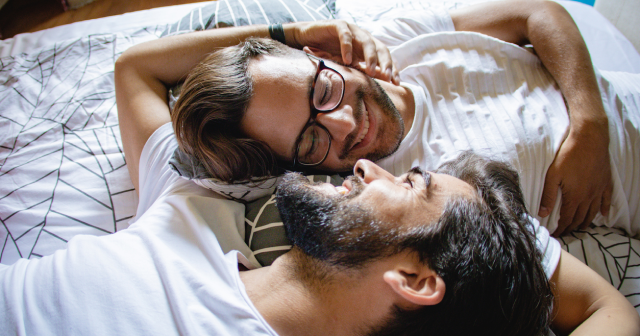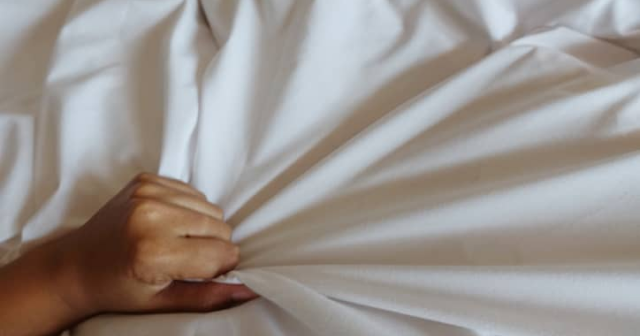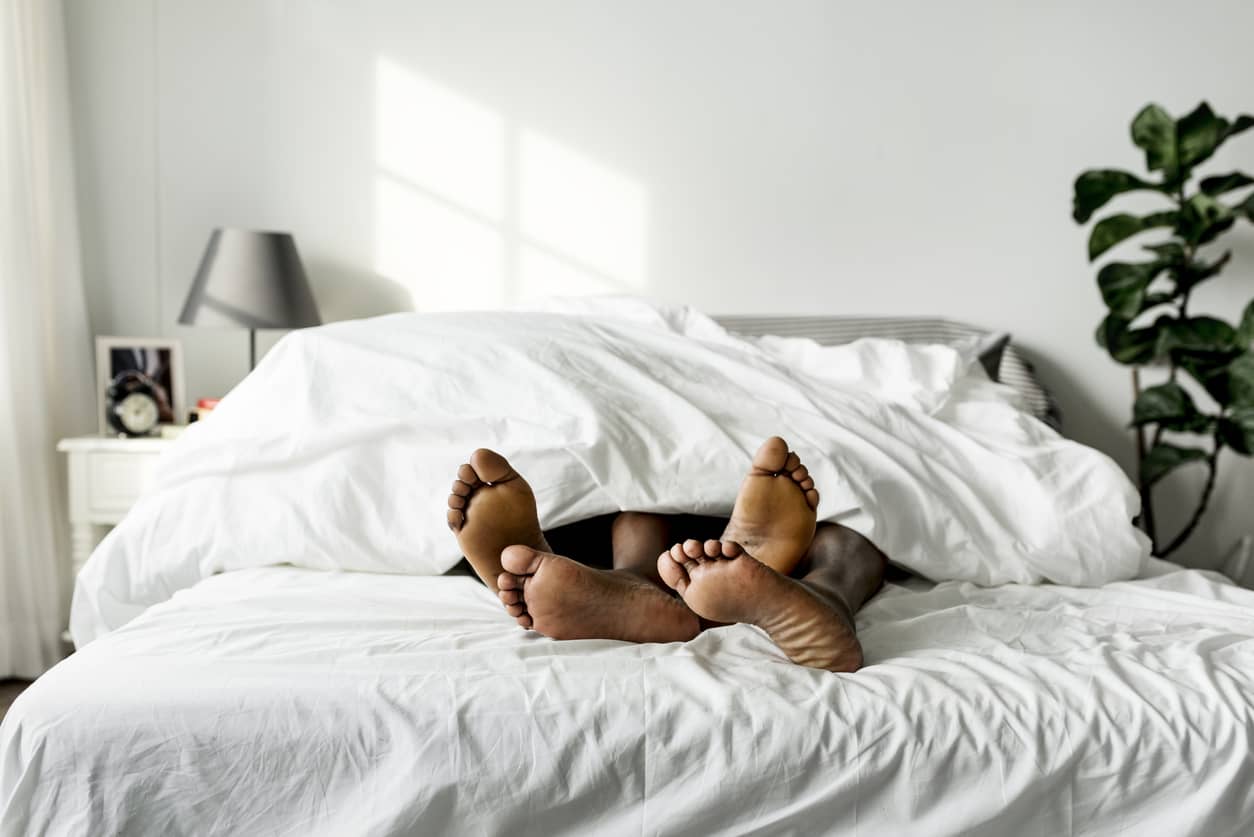There are lots of myths and stories surrounding masturbation, from claims that it causes changes in hair growth, to being told that you’ll get acne or even go blind if you do it.
But the truth is that masturbation – when you get sexual pleasure from touching your genitals, usually with your hand – is normal, healthy and common among people of all ages and genders.
For many people, masturbation will be their first sexual experience. Some will go on to enjoy it regularly, while others would rather not do it at all – both are normal.
Read on to learn the facts about masturbation, hair loss and any other potential health issues.
Masturbation myths
There might be some common myths, but there’s no evidence that masturbation can cause any physical health problems, including:
- hair loss
- growing hair on your palms
- blindness
- permanent damage to your genitals
- impotence or infertility
Such myths may have come about and lasted because masturbation used to be thought of as a ‘taboo topic’ – something people felt uncomfortable talking about it.
But today, attitudes are changing, and people are generally more open and willing to talk about all aspects of sex and sexual health.
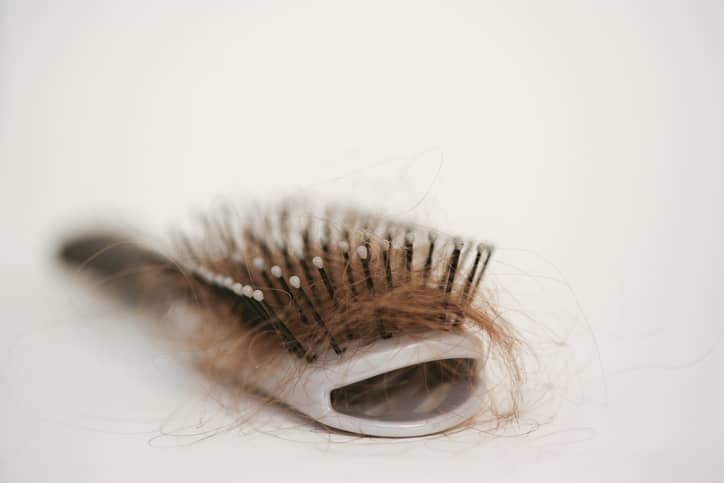
Masturbation and hair loss
So how did the myth about masturbation and hair loss come about? There are a couple of possible theories.
Semen – the fluid that comes out of your penis when you ‘come’ or ejaculate – is high in protein. So one theory is that each time you ejaculate, your body is losing protein – which you need for hair growth. But the amount of semen you lose when you ejaculate is actually quite small.
Another theory is that masturbation increases your levels of the sex hormone testosterone, which in turn raises your levels of a hormone linked to hair loss, dihydrotestosterone (DHT). But in fact, studies suggest that not ejaculating can lead to increased levels of testosterone. And there’s no evidence that masturbation increases levels of DHT.
The truth is that hair loss is often caused by genetics – meaning it’s something you inherit. Known as male-pattern or female-pattern baldness, it can start as early as puberty. Other possible causes of hair loss include hormonal changes, infections or certain medications. You should see your doctor if you’re concerned.
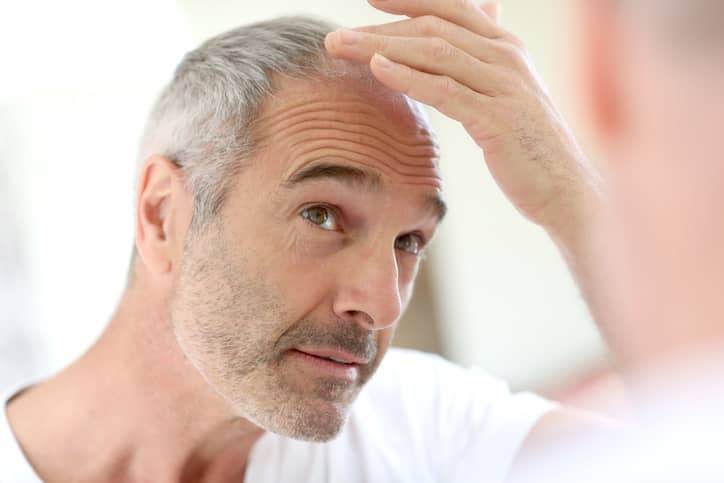
Other possible masturbation side effects
Masturbation doesn’t generally cause any problems, even if you do it often. In fact, it can help you to understand your body sexually, including what you do and don’t like and how to have or control an orgasm.
But if you masturbate too hard or too roughly, or you masturbate a lot in a short space of time, your genitals may feel sore.
While there’s no risk of pregnancy or sexually transmitted infections (STIs) if you masturbate on your own, doing it with a partner isn’t completely risk-free. If you touch someone else’s genitals and then touch your own, there’s a small chance of infection, because STIs can be passed on through semen or vaginal fluid.
You should also take care if you use a sex toy or other objects to masturbate, as using it too roughly could cause cuts or bruising. It’s also important to keep sex toys clean to avoid infection – particularly if you use them with another person.

When to speak to your doctor
Hair loss is often simply part of getting older. But if you’re finding it upsetting or you’re worried about it, it’s a good idea to speak to your doctor.
You should also see your doctor if you have sudden hair loss or it’s coming out in clumps, or if your head is itchy and red. They’ll be able to check your scalp and provide advice or treatment if necessary.
Key points
- there are lots of myths surrounding masturbation, including that it can cause hair loss – but there’s no evidence for this
- masturbation is a normal, healthy part of sexuality
- it doesn’t generally cause any physical or mental harm
- it can help you to understand what you do and don’t like when it comes to sex
- if you need further advice about hair loss, speak to your doctor



